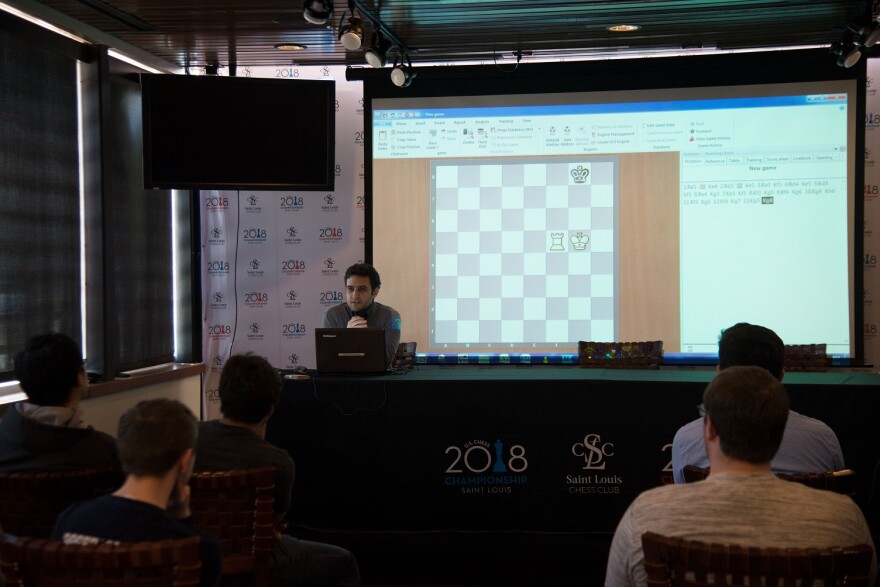Like many other titled chess players, I have had the opportunity to be a long-term coach for many young talents. Shaping a new generation of players is an honor and an important responsibility.
Hence, I am often searching for ways to communicate complex ideas in the simplest possible form.
My views are certainly influenced by my academic background. I recently completed my Ph.D. in applied mathematics, and I have spent the last five years teaching college mathematics, reading scientific papers and conducting my own academic research.
Given my experiences outside the chess world, I have always felt that our beloved sport lacks the scientific approach that other disciplines have.
In mathematics, there is a clearly delineated sequence of topics that should be covered, and every student is expected to learn these topics before moving to their next year of study.
Naturally, as the years go by, there is more flexibility, and specializing requires us to diverge into seemingly separate fields. Having said that, at least the first thousand hours of mathematical training are almost universally accepted as both necessary and sequential in nature.
Why personalization?
The landscape of chess training paints a completely different picture. Lesson topics are often disconnected one from the other, and there is often an emphasis on personalization. It is not uncommon for a coach to say that his or her lessons are tailored toward the individual needs of each student.
That has always puzzled me. Would you ever tell a middle-school child that, given his personality and personal preferences, he should learn trigonometry before learning fractions?
The comparison is obviously provocative and perhaps inaccurate; the two fields are very different. Having said that, I do think that some chess trainers could benefit from improving the structure of their teaching and from stressing the need to learn standard topics with universal value.
It is helpful to have a coach who can help you better understand the topics you find most difficult and perhaps spend longer time until you truly understand them. But the topics themselves should be relatively standard and universal. There are plenty of subjects and ideas that every chess player should know.

Naturally, it would be impossible for all chess coaches and prominent players to get together and agree on a standard chess curriculum. Thus, the task of organizing all chess knowledge into a well-defined body of knowledge is on the hands of coaches and writers.
Context is key
This was my motivation for writing my first book "Chess Structures, A Grandmaster Guide." In this book, I attempt to organize a wide range of middle game positions based on their pawn structures, and then describe the most important plans for each.
While I hope that readers enjoy the writing style, and find each individual game to be interesting in their own right, I think the book’s organization is the most important element in its success. Chapters evolve naturally into the next one, and by the end of the book, readers have a mental map, reliably organizing a wide range of ideas into their proper context.
This idea is very important, so let me emphasize it: Context is the key!
While I am happy with the work I did in "Chess Structures," and I am grateful for all the positive feedback I have received, I can see that there is still much work to be done. Devising a chess curriculum that is both effective and universal is a very complex task, with many interesting questions and challenges I hope to explore over the years.
At the same time that I am exploring this topic, so is the St. Louis Chess Club. The club works to provide chess training and instruction in St. Louis area schools. While structuring chess is a difficult task, they are also working on a curriculum that chess instructors, and even teachers, can follow to bring the educational benefits of chess to the masses.
Mauricio Flores is a chess grandmaster based in Minnesota, where he finished his Ph.D. in applied mathematics. He is the author of the book “Chess Structures, a Grandmaster Guide."




